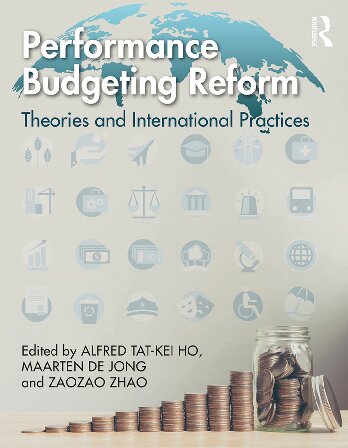

Most ebook files are in PDF format, so you can easily read them using various software such as Foxit Reader or directly on the Google Chrome browser.
Some ebook files are released by publishers in other formats such as .awz, .mobi, .epub, .fb2, etc. You may need to install specific software to read these formats on mobile/PC, such as Calibre.
Please read the tutorial at this link: https://ebookbell.com/faq
We offer FREE conversion to the popular formats you request; however, this may take some time. Therefore, right after payment, please email us, and we will try to provide the service as quickly as possible.
For some exceptional file formats or broken links (if any), please refrain from opening any disputes. Instead, email us first, and we will try to assist within a maximum of 6 hours.
EbookBell Team

4.1
90 reviewsUsing theoretical frameworks to explore the political, organizational, and cultural dynamics of performance budgeting, this book examines the adoption of performance budgeting in a variety of countries, how it has been implemented, and why it succeeded or failed. Chapters include case studies from a wide range of continents and regions including the U.S., Africa, Asia, Australia, Europe, Latin America, and the Middle East. Each case study pays careful attention to the unique historical, political, and cultural contexts of reform and closely examines how performance informed the budgetary process.
Chapters investigate theory-driven analysis, focusing on common themes related to international policy diffusion, organizational change, stakeholder politics and gaming, communication and information management, principal–agent dynamics, and institutional constraints. Contributors include both scholars and seasoned practitioners with extensive experience in implementing or advising performance budgeting reforms. With emphases on both theories and practices, this book is written for graduate courses in public budgeting and comparative public administration, providing theoretical insights into budgeting reforms in developing countries, as well as practice-relevant and actionable recommendations for current and future policymakers and budget reformers.